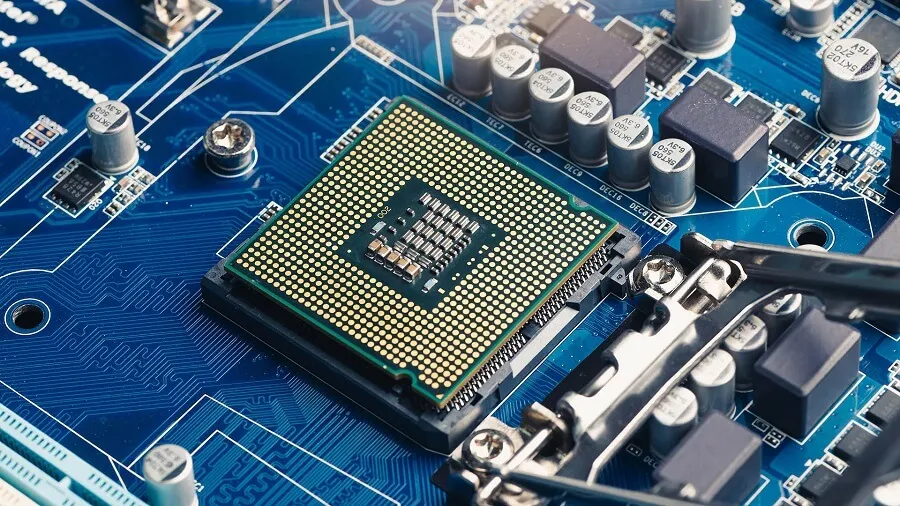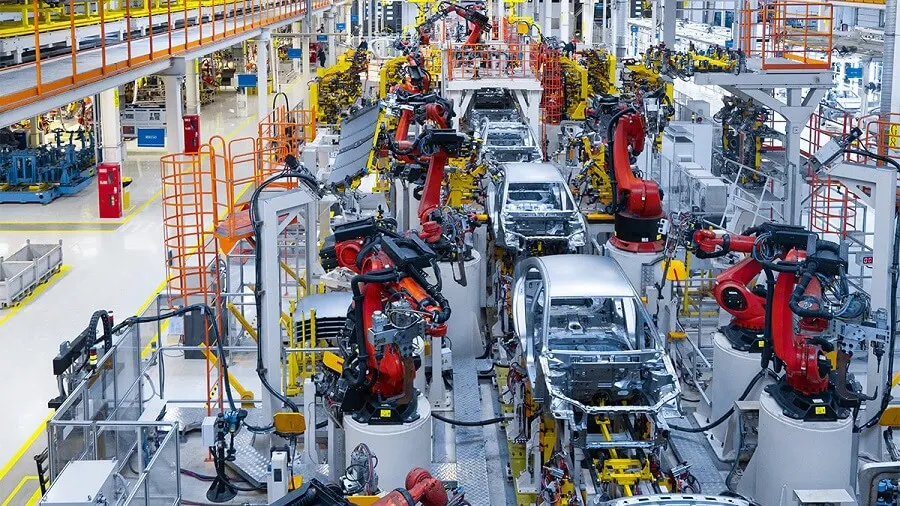New car prices will continue to rise over the next two years, according to an analytical study of the auto industry and global auto markets
How long will new car prices continue to rise?

The automotive industry is now going through a real crisis, as it is burdened with the burdens of shifting from manufacturing cars with regular engines to making electric cars, and what this transformation requires in terms of new production lines, infrastructure and technologies, in addition to the consequences of the epidemic still affecting the industry and the waves are still continuing to this day. This, not to mention the Russian-Ukrainian war in Europe, the rise in oil prices and the cost of raw materials, and the shortage in supply lines and electronic chips in particular.
This has prompted many electric car manufacturers such as Tesla, Hummer, Lucid, and Rivian to raise their prices in the past few weeks, which also applies to traditional car companies, as we witnessed raising the prices of BMW cars last month and increasing the prices of Tesla cars. A little later.
On the other hand, and under the weight of these difficult circumstances, car companies also began to delay the delivery of orders and reduce the specifications available in their cars, and it came to some companies to ship their cars without some unnecessary parts, with a promise to deliver these missing parts when they are available to the company.
We regret, dear reader, to inform you that this crisis will be prolonged and will extend to the year 2024, according to a report published by AlixPaetners, a consulting and data analysis company.
Where it was stated in this report that the semi-conductor shortage crisis will continue to have a negative impact on the process of producing new cars during the next two years. Electric cars instead of cars with internal combustion engines that run on diesel or gasoline.
To clarify, dear reader, the manufacture of electric cars raises the demand for electronic chips by 55% annually, according to what was stated in the study, which will remain as a bottleneck to the process of producing new cars. This means that as long as car companies continue to introduce new electric cars, the technical requirements for producing these new cars will increase the already high demand for electronic chips or semiconductors because electric cars need a greater number of electronic chips compared to gasoline or diesel cars.
As a result, car companies will continue to reduce production levels, which means that the number of cars offered for sale will remain limited in the coming years. .
But on the other hand, this does not mean that car companies make more profits from high car prices, as you might imagine, dear reader. For example, we published an article a while ago about Ford losing for every Ford Mustang MachI it makes, in which the Ford manager expressed fears of a recession. in the car market.
Car prices will continue to rise due to the high cost of raw materials for electric cars and fuel cars alike, as the report states that the cost of raw materials in conventional fuel cars is $3,700 per car, while the cost of raw materials used in electric cars rises to more than double this amount. And it reaches $8,300 per car, because the electric car battery and the electric motor need more raw materials, and to clarify, dear reader, these prices are more than double what they were a few years ago.
According to the forecasts of the report published by AlixPartners, electric cars will not outperform traditional cars in terms of market share before 2035, because car companies will slow down the pace of introducing new electric cars, because these cars consume more materials and cost more money, and the popularity of Electric cars among customers need more time, as well as the infrastructure to manufacture these cars.
The report also adds that there is a need for investments worth $48 billion in infrastructure, but so far the total amounts invested in manufacturing and developing the infrastructure for electric cars does not exceed $11 billion, which means that car companies must fill this gap in the coming years, It puts more burdens on the auto industry.





0 Comments